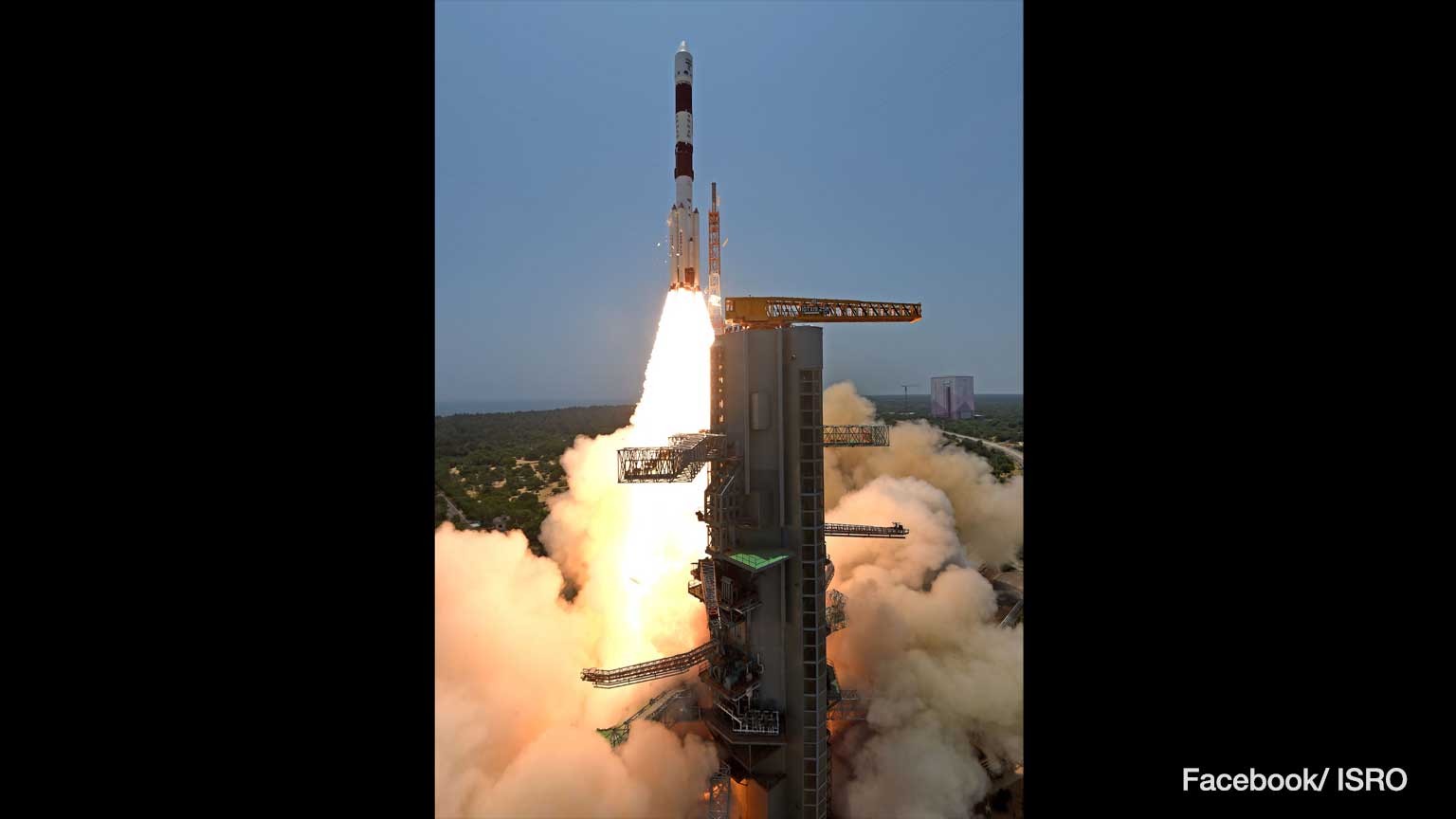The Indian Space Research Organisation says the Aditya-L1 spacecraft took off from the southern state of Andhra Pradesh around noon on Saturday, local time.
Aditya is the ancient Indian Sanskrit word for the Sun.
The spacecraft will travel for about four months to reach an observation point about 1.5 million kilometers from the Earth.
The spacecraft is equipped with devices that use ultraviolet light and X-rays, and will observe the Sun's atmospheric conditions. It will also study flares, or explosions that create surges on the Sun's surface.
Fourth country to land on the Moon
Last month, India became the fourth country to successfully land an unmanned spacecraft on the Moon, after the former Soviet Union, the United States and China.
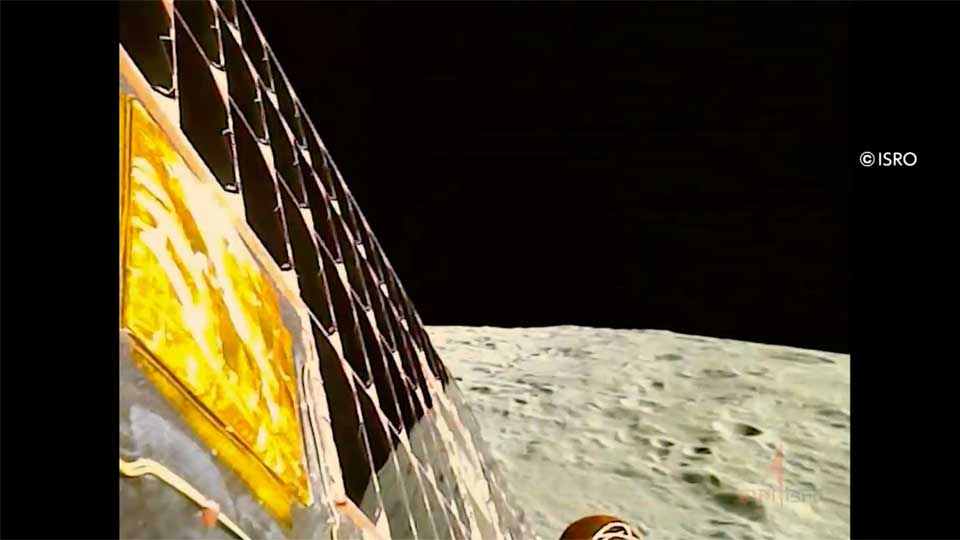
What attracted more attention was the landing site. It was the first time anyone had managed to land on the rugged south pole.
The area receives no sunlight and experts say water may exist there in the form of ice.
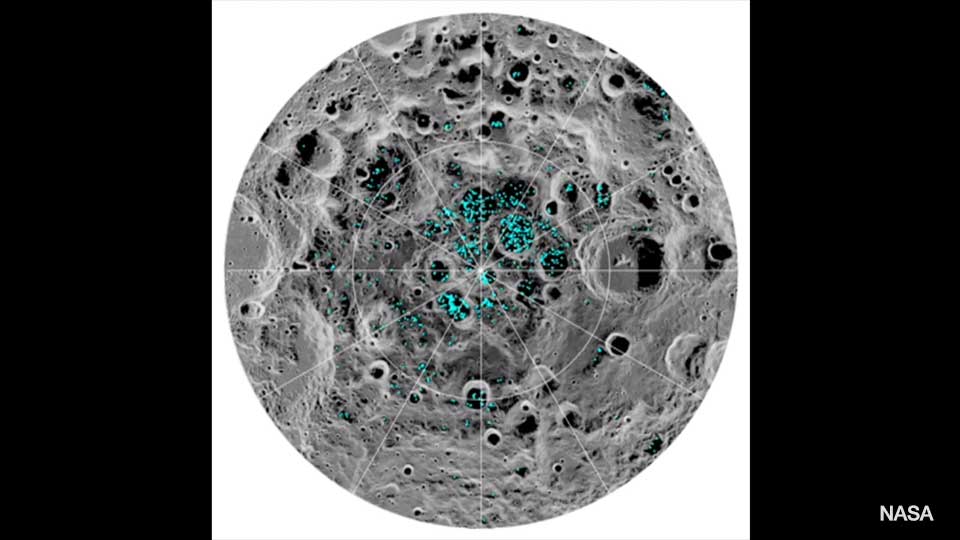
If ice is found, it could be used as water for daily use and fuel in the future.
ISRO chairman S Somanath says "ultimately human beings want to go and create colonies on the Moon. The best place is something we are looking for. The south pole has the potential to be that."
India's space agency has already announced some progress. It says its moon rover has detected the presence of sulfur and other elements, including oxygen, iron, calcium and aluminum, near the pole last week.
Lunar probe competition
India is not the only country getting involved in lunar exploration.
Russia launched its first lunar probe in nearly half a century last month, aiming to make a first landing on the south pole. But the unmanned Luna-25 crashed into the Moon.
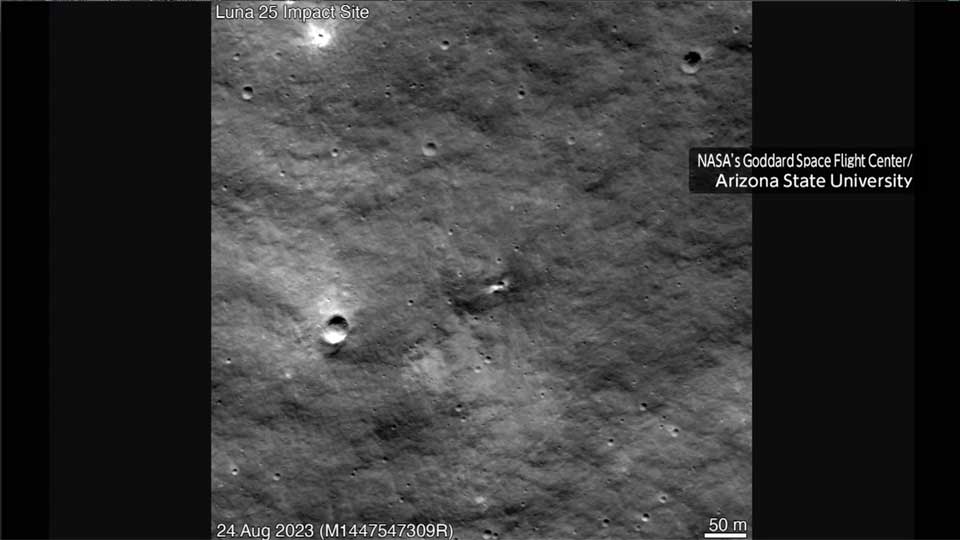
A Japanese venture firm attempted to land an unmanned spacecraft on the Moon in April but also crashed.
The Japan Aerospace Exploration Agency, or JAXA, planned to launch an H2A rocket carrying a probe that would attempt to make the nation's first lunar landing last week. That mission was postponed because of the weather.
Tokyo's PwC Consulting is forecasting that business on or around the Moon will escalate from around 2030 in the fields of construction, infrastructure development and energy. The company estimates the market scale could reach 170 billion dollars by 2040.
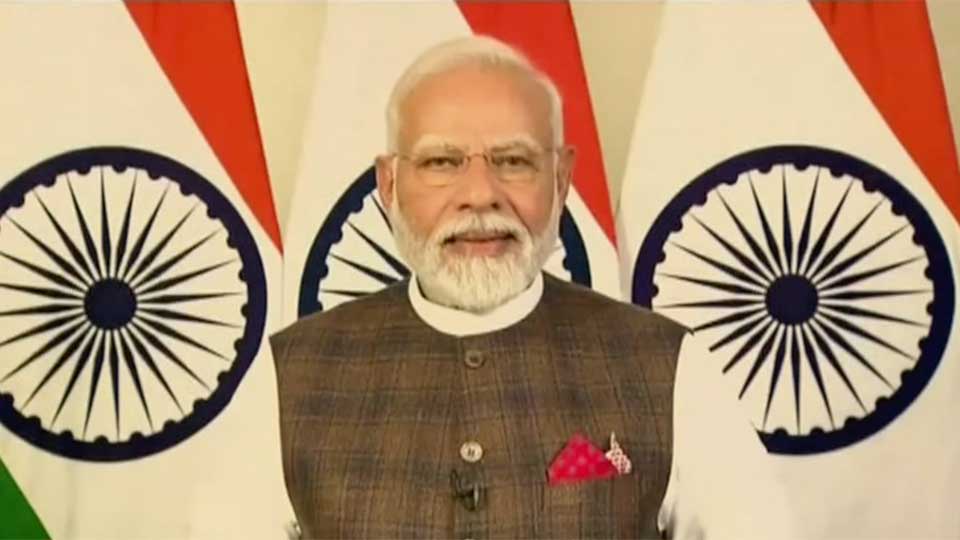
Indian Prime Minister Narendra Modi released a message saying, "After the success of Chandrayaan-3, India continues its space journey," and, "Our tireless scientific efforts will continue in order to develop better understanding of the Universe for the welfare of entire humanity."
